Update time : 2021-01-15 Publisher:Tongda
According to testing, the organic matter content of chicken manure is 25.5%, nitrogen is 1.63%, phosphorus is 1.54%, and potassium is 0.85%. The content of chicken manure is equivalent to 4.5-7.7 times the content of the three elements of cow manure. Chicken manure is a kind of relatively high-quality organic fertilizer after thorough fermentation. The nutrient content of chicken manure is very rich. It contains both a large amount of organic matter and a high content of three elements. It is an efficient organic fertilizer!
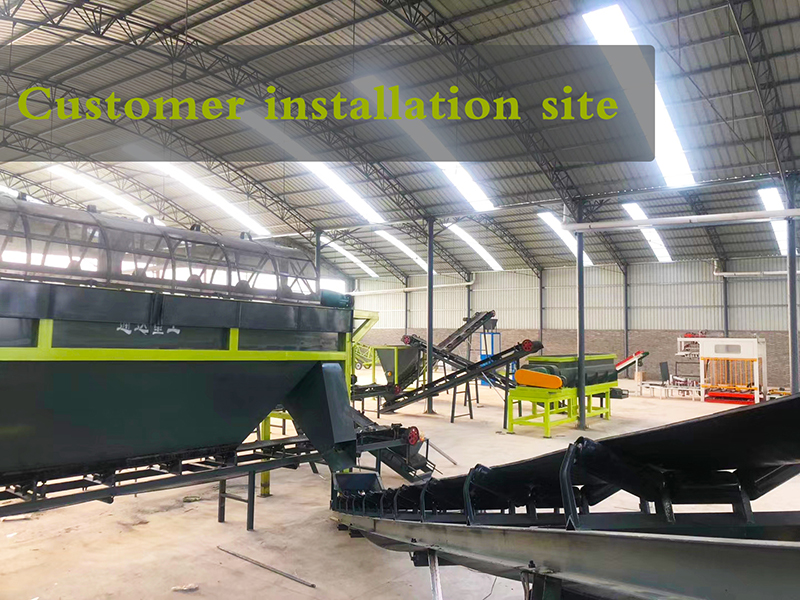
What Are The Hazards Of Incompletely Fermented Chicken Manure?
Someone asked if chicken manure should be processed? Not all the older generations have used them directly, but they have not been treated, but the fact is that now that manure is applied, it needs to be treated. Decades ago, manure treatment was very simple. At that time, when raising chickens and pigs, no one would add a large amount of antibiotics and additives containing heavy metals to the feed. Take advantage of going to fat fields.
But with the rise and development of large-scale farming, this situation has already changed. What we should pay attention to is that livestock and poultry manure from farms cannot be directly applied to the land, and must be subjected to standard fermentation, turning, throwing, and decomposing in advance.
Eight Disasters Easily Caused By The Use Of Untreated Chicken Manure In Greenhouse Vegetables And Orchards:
After burning roots, burning seedlings, smoked trees, and dead trees using incompletely fermented chicken manure, when the appropriate temperature and humidity are reached, the chicken manure will begin to ferment, and the heat generated by the fermentation will burn seedlings, rotten roots, black roots, and yellow leaves , Yellowing, which can cause plant death in severe cases. Especially the application of chicken manure in winter and spring is the biggest safety hazard, because the temperature in the greenhouse is high at this time, and the fermentation of chicken manure will emit a lot of heat, resulting in root burning; the use of chicken manure in winter and spring in the orchard is just before and after the root system is dormant. , Will affect nutrient accumulation and flowering and fruiting in the coming year.
Chicken manure is used in the soil in the salinization shed, and the fruit is not opened for years. There is a large amount of sodium chloride in the soil. The average salt content of chicken manure per 6 cubic meters is 30-40 kg, and the salt content of 10 kg per mu has been severely restricted. Soil permeability and activity, solidification of important elements such as phosphorous, potassium, calcium, magnesium, zinc, iron, boron, manganese, etc., resulting in abnormal plant growth, sparse flower buds, and non-opening of the fruit, which significantly restrict crop yields And quality improvement. As a result, the utilization rate of fertilizer has plummeted, and one year is worse than one year, which increases the input cost by 50%25-100%25.
Acidify the soil and induce various rhizosphere diseases and viral diseases. The pH of chicken manure is about 4, which is extremely acidic and will acidify the soil, causing chemical trauma and severe damage to the stem base and root tissue, and a large number of pathogens carried by chicken manure. Once the humidity and temperature reach the conditions, disease will break out. Lead to the spread of pests and diseases, breeding of virus diseases, root rot, epidemic diseases and other diseases, causing plant wilt, yellow wilt, stiff seedlings, non-opening, and even death. Viral diseases, blight, stem rot, root rot, and bacterial wilt have become the most obvious sequelae of the use of chicken manure.
Root-knot nematode breeding chicken manure is a camp and hotbed for root-knot nematodes. The number of root-knot nematode eggs carried by itself is 100 per 1,000 grams. The nematode eggs in chicken manure are very easy to hatch and multiply by tens of thousands overnight. The incidence of nematodes in the soil in plots with chicken manure increased by more than 500%. Nematodes are extremely sensitive to chemical agents. After application, the nematodes will quickly move to a depth of 0.5-1.5 meters to escape, so it is difficult to cure them. Especially for sheds over 3 years old, root knot nematodes are one of the most deadly hidden dangers.
Bring in antibiotics, affecting the safety of agricultural products. During the feeding process of chickens, the feed contains a lot of hormones, and antibiotics are also used to prevent and control diseases. These will be brought into the soil through chicken manure and seriously affect the safety of agricultural products.
Produce harmful gases. Smoked trees and dead seedlings produce harmful gases. Smoked trees and dead seedlings: chicken manure produces methane, ammonia and other harmful gases during the decomposition process, which causes acid damage and root damage to the soil and crops, and more serious The generated ethylene gas inhibits root growth and is also the main reason for root burning.
Years of use of chicken manure causes hypoxia in the root system. Chicken manure is applied to the soil and consumes the oxygen in the soil during the decomposition process, making the soil temporarily hypoxic, which will inhibit crop growth.
Excessive heavy metals Excessive heavy metals: Chicken manure contains a high amount of heavy metals such as copper, mercury, chromium, cadmium, lead, arsenic, and more hormone residues, causing heavy metals in agricultural products to exceed the standards, polluting groundwater and soil, and organic matter to humus. The conversion time is longer and the nutrient loss is more serious.
Therefore, the chicken manure must be completely fermented and decomposed before being applied to the farmland. The best method is to use a turning and throwing machine instead of artificial fermentation, so that the output is high and the cost is low, which is suitable for large-scale farms.
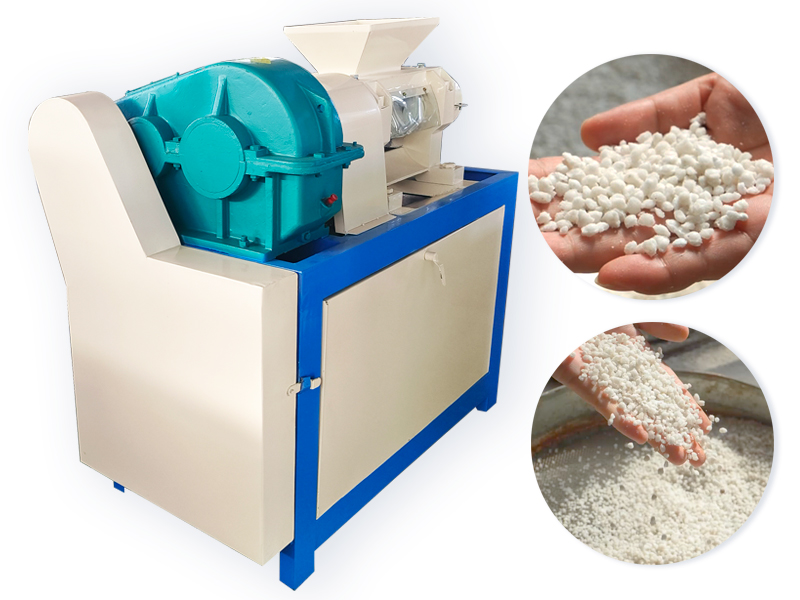
see details +
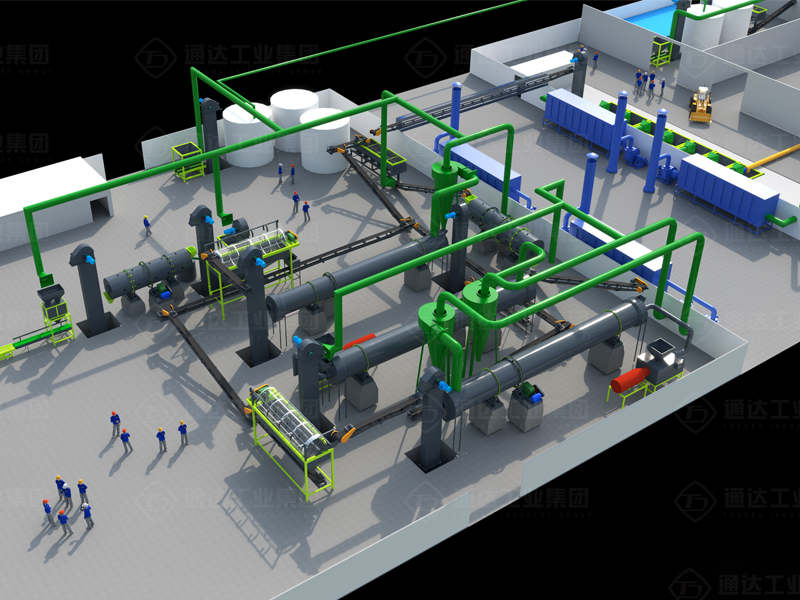
see details +
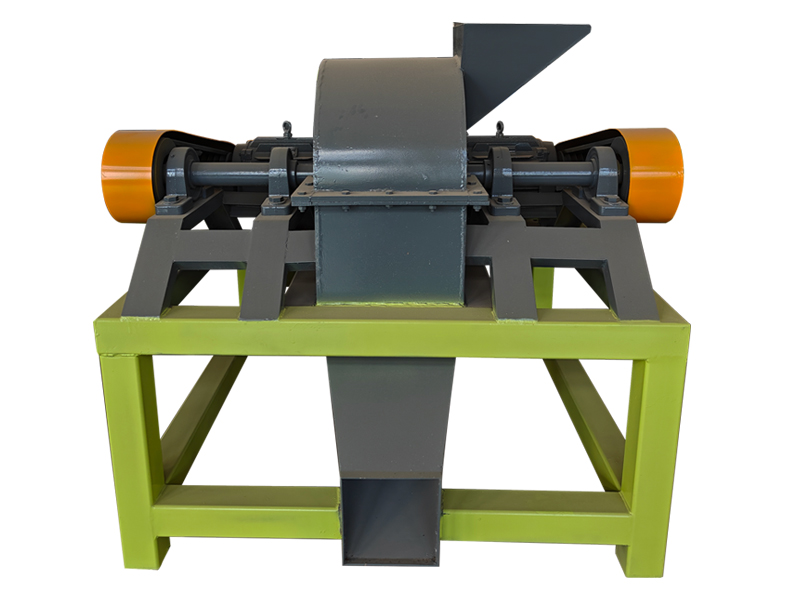
see details +
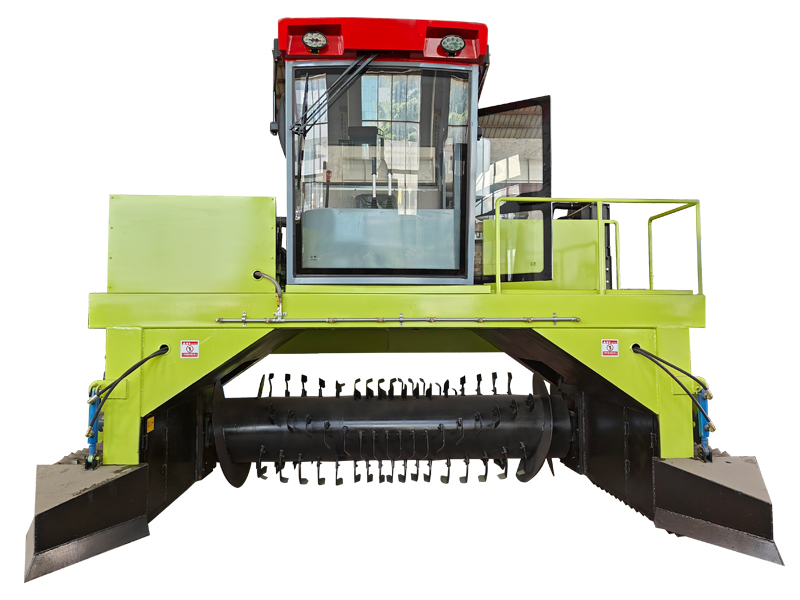
see details +

Fermentation Compost Equipment >
 Tel:+86 18538527111
Tel:+86 18538527111
 E-mail:[email protected]
E-mail:[email protected]
 Address:Longgang Development Zone Of Xingyang City, Zhengzhou City, Henan Province, China.
Address:Longgang Development Zone Of Xingyang City, Zhengzhou City, Henan Province, China.
Privacy Policy Copyright © Henan Tongda Heavy Industry Science And Technology Co., Ltd.